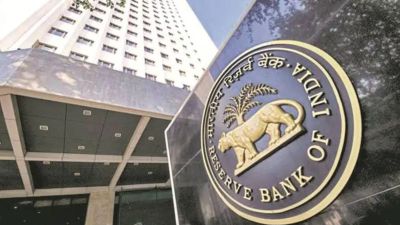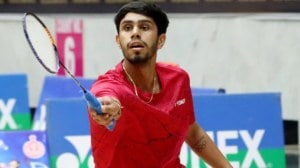Knocking the nexus
Cynics may counter that sportsmanship can today only be sought in sepia-tinted memories of a bygone era, but there are enough dreamers ar...

Cynics may counter that sportsmanship can today only be sought in sepia-tinted memories of a bygone era, but there are enough dreamers around who still seek in the game of glorious uncertainties an affirmation of old-fashioned notions of right and wrong. And, curiously enough, yet another allegation of match-fixing could be construed as a welcome development. That the cricket establishment has ensconced itself on a rather queer pitch is no secret, the wise old men may appear sanguine but the cracks and the roughs abound for public scrutiny. Bombshells like the one dropped by maverick England all-rounder Chris Lewis at least prompt them to sit up and take notice, to place the matter 8220;under investigation8221;. ICC President Jagmohan Dalmiya has confirmed an inquiry into submissions by Lewis and New Zealand skipper Stephen Fleming that an Indian sports promoter had offered them 300,000 each to fix a recent Test in the Kiwis8217; favour. Clearly, there was much at stake for the bookies, for Lewis claims he was askedto make similar offers to Alec Stewart and Alan Mullaly to facilitate the nefarious operation.
The mind may boggle at the six-digit inducements, but the the incident also indicates the ever lengthening tentacles of underworld choreographers. After a year and more of match-fixing controversies and indignant protestations, one would have thought the bookies would be somewhat hesitant to net new recruits in their dark web. The Lewis-Fleming manoeuvre has put paid to any such hopes. Two other implications are worrying. One, if such keen interest is taken in what has to be deemed the most boring fixture in a slam-bam year, if the huge sums said to have been offered are any indication of the quantum of returns the bookies would no doubt have expected, even hazarding a guess at the probable machinations during more keenly contested matches can be chilling. Two, the recurrent India connection in practically all match-fixing scandals amply reflects the rot in the subcontinent.
Posing the problem, however, is fareasier than essaying a solution. Following the leads offered by cricketers is an obvious course; but just witness the inconclusive inquiries effected of late. If the meandering Justice Qayyum probe in Pakistan got embroiled in internecine rivalries and politics, the Justice Chandrachud commission in India has left no one any the wiser. And even as Mark Waugh, Aamir Sohail, Manoj Prabhakar, Danny Morrison and, now, Lewis may speak of the temptations they spurned, what of the many others locked in a mutually lucrative nexus? A nexus which, if revealed, could upset the entire applecart on which the ever growing popularity of the game is hinged. If Dalmiya and members of the grandiosely titled Code of Conduct Commission instituted by the ICC are truly serious about retrieving innocence in cricket, they must first make evident their resolve to withstand any upheavals a sincere, concerted drive to root out match-fixing would entail.
- 01
- 02
- 03
- 04
- 05































